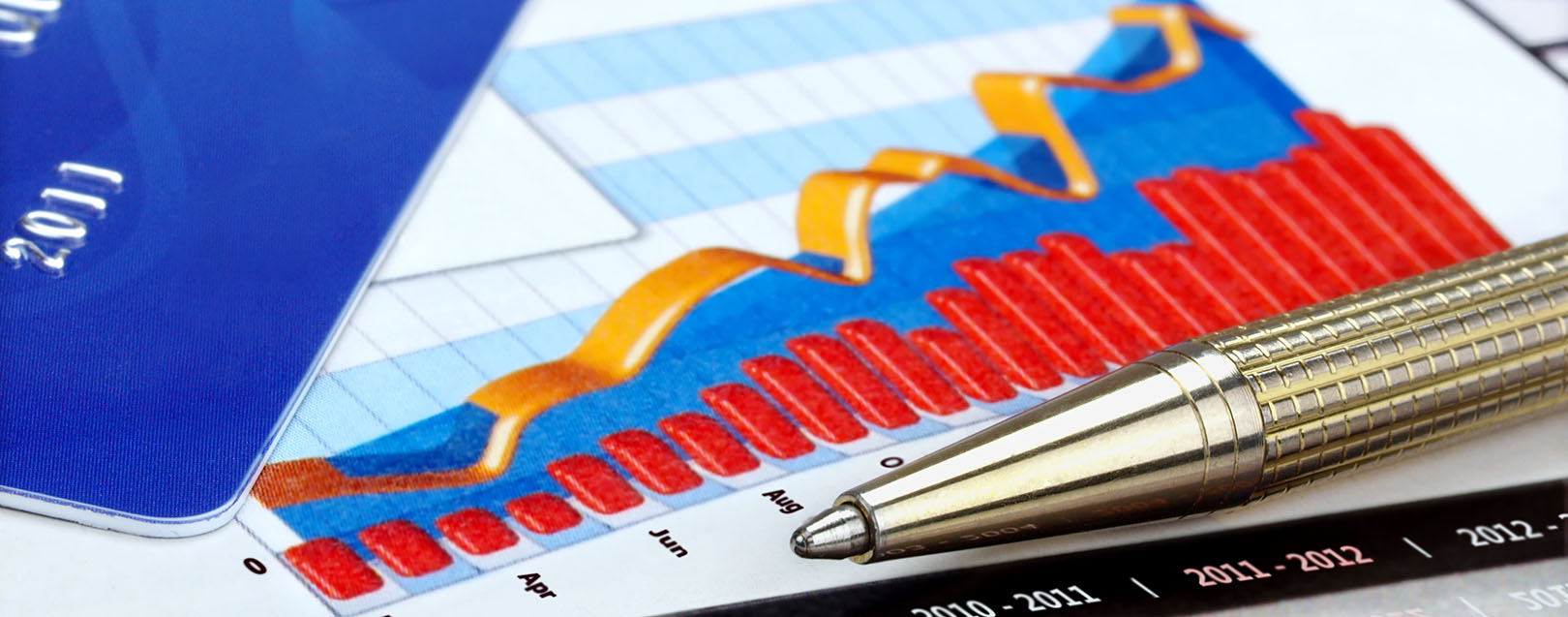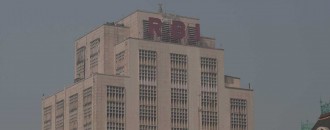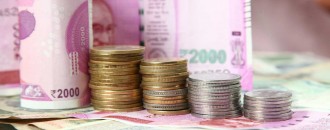
NPAs of banks to rise to 10.6% by March 2018: Crisil
The Dollar Business Bureau
The gross non-performing assets (NPAs) of banks in India will increase to 10.6% by March 2018 from 9.5% in March 2017, said a rating and research firm in a report.
However, there is a fragile revival in the credit quality of the corporates. But the pressure in the banking system is likely to continue in the financial year of 2017-18 and it may reach to 10.6% by March 2018, Crisil warns in a report on Monday.
“Credit quality of India Inc is gradually recovering, but the underpinnings remain fragile because some sectors continue to struggle and several large companies remain highly indebted,” it said.
The report further said that the gross NPAs of banks that had crossed over Rs.14 trillion or more than 9.5% of the banking system will remain at higher levels.
“Gross NPAs of banks will increase to 10.6% by March next year from 9.5% in the same month 2017, whereas the weak assets will increase to 11.6% from 10.5%,” the report said.
However, both the credit ratio and debt-weighted credit ratio has improved in the just ended fiscal of 2016-17, it added.
“The debt-weighted credit ratio moved up to a five-year high of 0.88, which is attributable to firm commodity prices, stable macros, improving capital structure, and lower interest costs,” said Gurpreet Chhatwal, President, Crisil.
There were 1,092 downgrades and 1,335 upgrades during the current fiscal, and Chhatwal expects that the upgrades will continue to be more than the downgrades on account of increase in consumption.
On the stress side, the report elaborate that the capital goods and realty are the most affected, while adding the microfinance and a few large conglomerates also struggle.
The agency also stated that the demonetisation is likely to have a short-term problem with just a ‘transient’ effect, though it disturbed the liquidity and demand in the system. The sectors, such as gold and jewellery, real estate, etc, which are cash dependent have faced a "severe" impact of demonetisation, whereas automotive firms have witnessed a moderate demand after the note ban.






 to success.
to success.